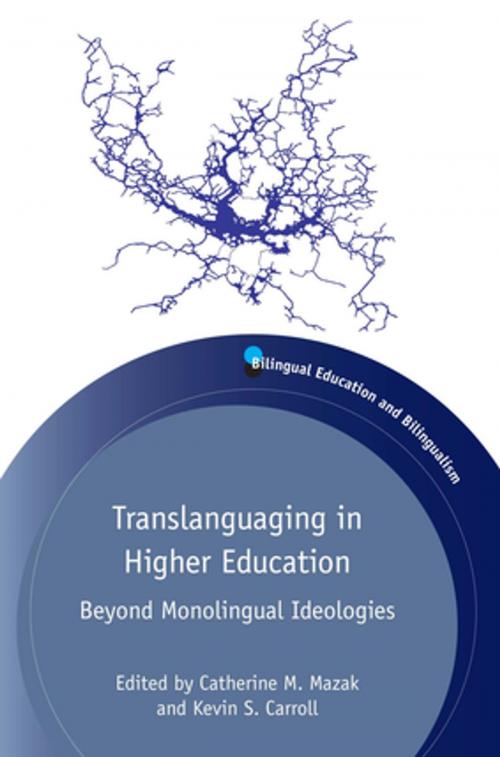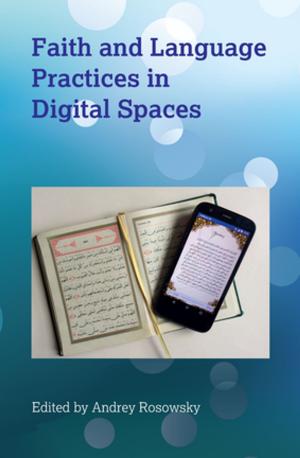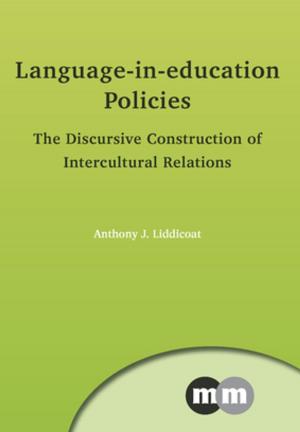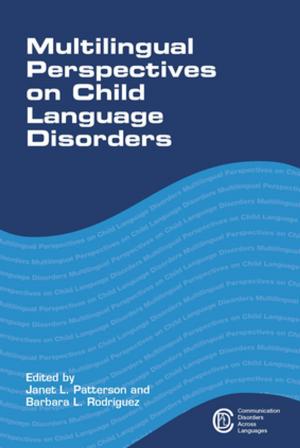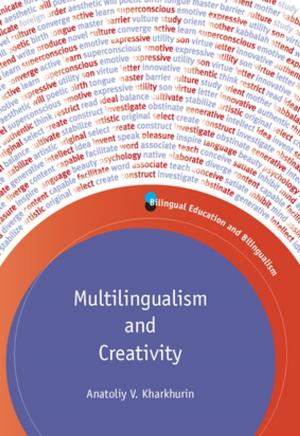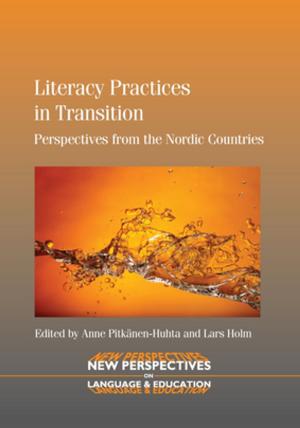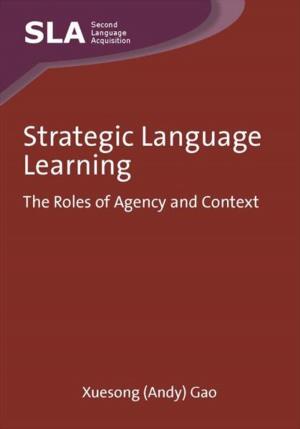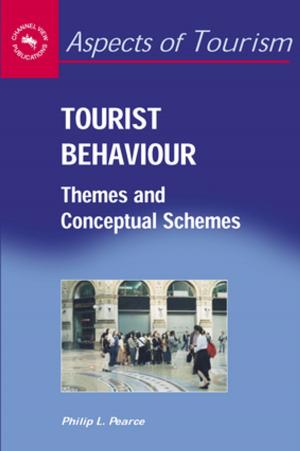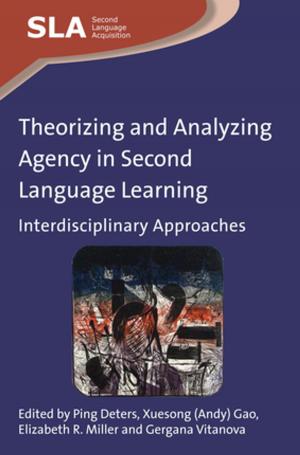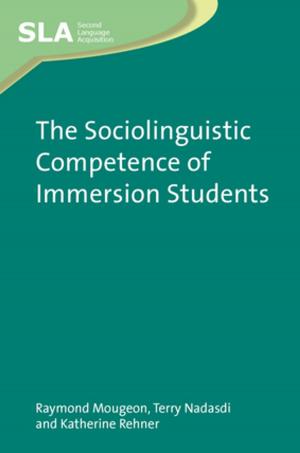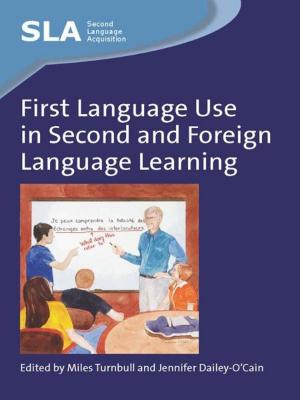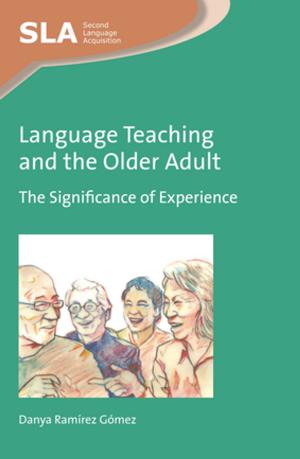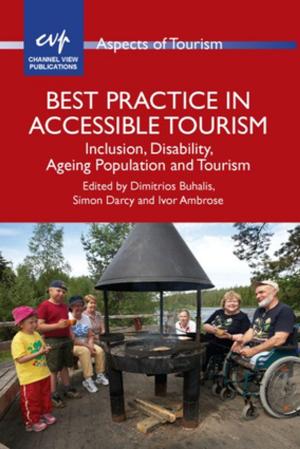Translanguaging in Higher Education
Beyond Monolingual Ideologies
Nonfiction, Reference & Language, Education & Teaching, Educational Theory, Adult & Continuing Education, Language Arts, Linguistics| Author: | ISBN: | 9781783096664 | |
| Publisher: | Channel View Publications | Publication: | December 9, 2016 |
| Imprint: | Multilingual Matters | Language: | English |
| Author: | |
| ISBN: | 9781783096664 |
| Publisher: | Channel View Publications |
| Publication: | December 9, 2016 |
| Imprint: | Multilingual Matters |
| Language: | English |
This book examines translanguaging in higher education and provides clear examples of what translanguaging looks like in practice in particular contexts around the world. While higher education has historically been seen as a monolingual space, the case studies from the international contexts included in this collection show us that institutions of higher education are often translingual spaces that reflect the multilingual environments in which they exist. Chapters demonstrate how the use of translanguaging practices within the context of global higher education, where English plays an increasingly important role, allows students and professors to build on their linguistic repertoires to more efficiently and effectively learn content. The documentation of such practices within the context of higher education will further legitimatize translanguaging practices and may lead to their increased use not only in higher education but also in both primary and secondary schools.
This book examines translanguaging in higher education and provides clear examples of what translanguaging looks like in practice in particular contexts around the world. While higher education has historically been seen as a monolingual space, the case studies from the international contexts included in this collection show us that institutions of higher education are often translingual spaces that reflect the multilingual environments in which they exist. Chapters demonstrate how the use of translanguaging practices within the context of global higher education, where English plays an increasingly important role, allows students and professors to build on their linguistic repertoires to more efficiently and effectively learn content. The documentation of such practices within the context of higher education will further legitimatize translanguaging practices and may lead to their increased use not only in higher education but also in both primary and secondary schools.
